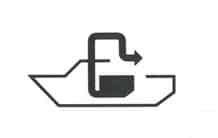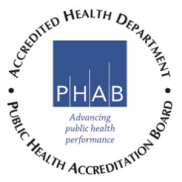Marine Sanitation Information

The Arkansas Department of Health’s Marine Sanitation Program (ADH), begun in April of 2003, has vastly expanded since its inception. The Program has an enormous task with state operations that include coordinating marina operators, boat-owners, and the inspection of vessels. The number of vessels to be inspected at the public docks exceeds 3500 vessels and continues to rise at a rate of 5% per year. Private and community docks in north Arkansas number 4859 and are located on the Beaver, Bull Shoals, Norfork, Greer’s Ferry and Table Rock Lakes, as well as Lake Dardanelle. Vessels on navigable streams such as the Arkansas, White, and Ouachita Rivers are also inspected. All vessels are inspected every three (3) years.
ADH is charged with the enforcement of Act 1774 of 2003, section 15-27-101-413, stating “the Department of Health shall administer and enforce all laws and regulations, to the extent permitted by federal law and in accordance with applicable regulations adopted by the U. S. Coast Guard and the Environmental Protection Agency, relating to marine toilet facilities, marine sanitation devices, and unlawful discharge of marine sewage from vessels into waters of this state”.
Federal Clean Vessel Act Grant:
The Federal Clean Vessel Act Grant has expanded from a grant of $40,000 to $360,000 per year, and includes a newly added $50,000 emergency repair fund, and a $30,000 reimbursable marine sewage hauling fund, which has increased operations.
Marine Sanitation/Swim Beach Program
In 2003, Act 1774 established an inspection program within the Arkansas Department of Health. This act ensured that Marine toilet wastes could not be discharged on our impounded/non-navigable lakes. If you operate a boat in Arkansas and the boat is equipped with permanently installed toilet facilities, the boat must have an approved US Coast Guard marine sanitation device.
ADH personnel will be inspecting all vessels that are equipped with permanently installed marine toilets to ensure compliance. Vessels in compliance will be identified by a numbered decal after the approval inspection is made. There is NO CHARGE for the inspections, funding comes from Boater Registration Fees.
ADH’s Marine Sanitation Program monitors E.coli sampling on all swim beaches in Arkansas. Site plans and sanitary surveys are performed on proposed swim beaches to determine site quality and safety.
In 2007, the Marine Sanitation Program took the responsibility of administering the Arkansas Swim Beach Program, having 140 swim beach sites. This program consists of reviewing proposed site plans for new swim beaches, conducting sanitary survey inspections, and collection of initial E. coli bacterial samples at proposed sites.
Arkansas Swim Beach Program
In 2007, the Arkansas Department of Health Marine Sanitation Program took the responsibility of administering the Arkansas Swim Beach Program, having 140 swim beach sites. This program consists of reviewing proposed site plans for new swim beaches, conducting sanitary survey inspections, and collection of initial E. coli bacterial samples at proposed sites.
The Program also monitors all sample results submitted to the Public Health Lab and advises the State Parks Commission, Environmental Health specialists, U.S. Forest Service, both the Little Rock and Vicksburg Corps of Engineer Districts, and all private swim beaches with status of opening or closing beaches to swimmers.
Swim Beaches:
The Bacteriological Standards are as follows to comply with the recommendations of EPA:
When the E. coli density of any sample collected exceeds 126 per 100 ml. daily samples shall immediately be collected and analyzed for E. coli for at least two consecutive E. coli samples.
Should unforeseen conditions such as high water levels due to heavy rain prevent the collection of samples, you may submit in either of the weeks scheduled for resamples.
Swim Beach E.coli levels that reach this level are usually a result of:
- Resident Canada Goose Population using the managed Swim Beach area for grazing. They often eat the seed head of the grasses on the bank. Campers feeding the Geese can make the situation worse by keeping the Geese attracted to the area
- Feral Swine have a E.coli level and all 75 counties have been identified with a Feral Swine population.
- In some cases the High levels could be produced from humans and/or other animals
Resources
- Act 1774 of 2003
- Federal Clean Vessel Act Grant
- Arkansas Marina List
- Swim Beaches by Location
- Outdoor Bathing Places
Contact Information
Environmental Health
4815 W. Markham St,. Slot 46
Little Rock, Arkansas 72205
Phone: 501-661-2171
Fax: 501-661-2572
[email protected]


